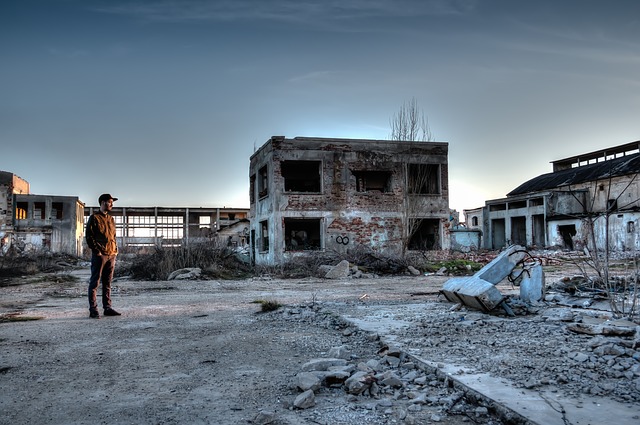
Real Estate Investment – How to Protect Safe When Disaster Strikes
Once you’ve finished searching for that real estate investment of a lifetime, you’ve gone to the open houses, you’ve gotten the financing, made an offer, sat at home worrying if it’s going to be accepted, had the celebratory dinner once it was and then moved in, you’re faced with the chore of protecting it.
The number of threats that your property faces can be staggering. It’s not just termites and crude neighbours that are looking to sink your land value, natural disasters are a part of owning land, too.

It doesn’t seem to matter where you live in North America, there is a natural disaster with your name on it. The south has their hurricanes, the northeast and Midwest has blizzards and the west has earthquakes.
A quake is the most sinister of all natural disasters. People in the rest of the country can see a hurricane and blizzard coming days, sometimes even weeks away and properly prepare their property for the coming storm.
With quakes, there is no warning (usually), there is no report on the news that morning saying you’re scheduled to get one. They just happen. So, how can you protect your real estate investment from getting a bad case of the shakes?
Here are a few tips to protect your real estate investment:
A good first step would be to pick up the phone or log onto the company that carries your home insurance. Almost no homeowners policies cover earthquakes.
If you have the extra cash every month, earthquake insurance is a very good idea, but be warned, it is considered catastrophic insurance, so the deductible is going to be very high, usually between 10-15 percent of the amount of your policy. It’s still a good thing to have.
Check the website of the US Geological Survey to see if you live in a high enough risk area to warrant extra insurance.
A quick quake-proofing of your home is another good idea. This won’ so much protect your house as it will protect you if one strikes. Use latches to keep cabinets closed, always make sure you have fresh water around and working batteries in all flashlights. These are common sense steps that anyone who lives in any sort of disaster area should follow, whether it be earthquakes, hurricanes or blizzards.
A final step to safeguard your home is to know where your utilities shut offs are. Fires are common after earthquakes and you’ll want to know where your gas main shut off valve is so that you can turn it off and hopefully keep your house safe after a major quake. Also, do not turn the gas back on until you are told it’s safe to do so.
Keeping your real estate investment safe from natural disasters can seem impossible, but with a little common sense planning, you can minimize the damage.
Posted in real estate category. Click to read more tips.
